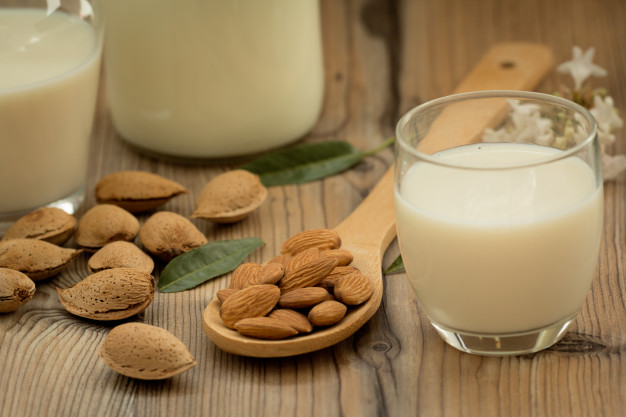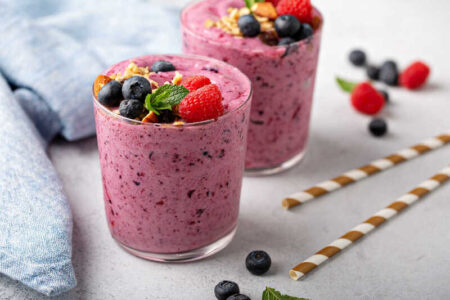Alternatives to All

One of Innova Market Insights’ top trends for 2019, Alternatives to All, reflects the rise of replacement foods and ingredients.
The arrival of alternatives for almost everything in food and beverages has been driven by a number of factors, but health remains the leading reason. According to Innova,1 in 2 US consumers report that health is a reason for buying alternatives to meat or dairy, compared with 36% who cite variety in their diets, 18% who are interested in novelty and 17% in sustainability.
Dairy alternatives have seen 18% average annual growth in dairy free food and beverage launches (Global, CAGR 2014-2018).
The market was largely pioneered by and continues to be led by beverages, with dairy alternative drinks accounting for over 7.6% of global dairy launches recorded by Innova in 2018. Spoonable non-dairy yogurt also saw a strong rise in levels of interest, taking its share of dairy launches from less than 0.5% in 2012 to 1.7% in 2018.
Lu Ann Williams, director of innovation at Innova Market Insights said: “More consumers are adopting vegan or lactose free diets, while others are turning to plant-based foods for other perceived health benefits. In the western world, in particular, the market is evolving rapidly and has diversified beyond dairy alternative drinks to include alternatives to yogurt, cheese and ice cream, while at the same time, the range of ingredients used to replace milk continues to expand and advance.”
Innova has also reported a rise in non-soy plant-based ingredients, including cereals such as rice, oats, and barley. Nuts, such as almonds, hazelnuts, cashews, walnuts, macadamias and coconut are on the rise, along with more unusual options such as lupin, hemp, and flaxseed.
Dairy alternatives are thriving across North America and Western Europe but positioning and formulation choices can vary from country to country and national knowledge remains vital to development. For example, some countries are increasingly influenced by a rise in veganism, while others are still driven primarily by lactose concerns.
Williams concluded: “Product choice has never been so diverse and innovators are continuing to deliver more complex, convenient and indulgent options. Key opportunities include the use of a wider range of plant-based ingredients, greater segmentation with the more mainstream, and the development of more indulgent options, while one of the key challenges may be improving sustainability credentials in some instances”.



